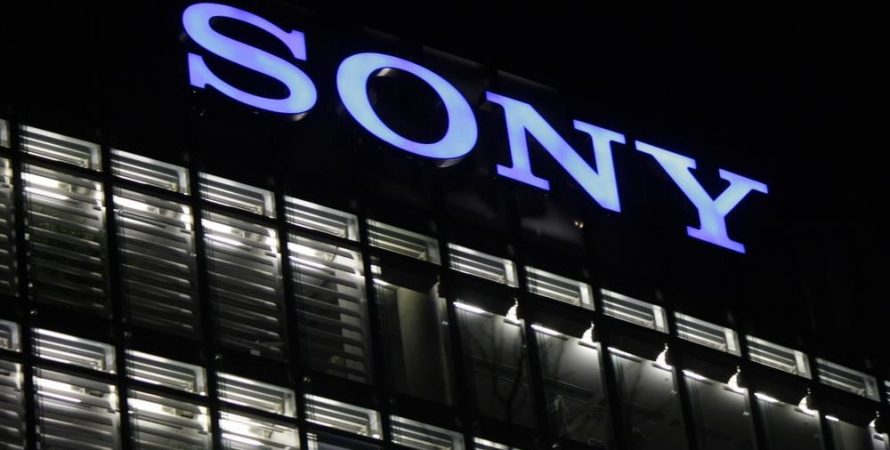Japanese multinational giant Sony has become the first one to realise blockchain’s importance in protecting the digital rights of its users and thereby it is looking forward to patent blockchain storing the digital rights.
Sony, along with its subsidiary, Sony Pictures Entertainment filed an application which was published by U.S. Patent and Trademark Office. The application stated, “For interoperability, many current DRM solutions typically require a rights locker or other common storage that is managed by a vendor or a group of vendors. However, these conventional solutions may not be very reliable and rely on one unique point of failure. If the rights locker provider or system goes out of business or otherwise fails, the user loses all the acquired content.” (Source: ambcrypto.com)
DRM or Digital rights management systems seek to limit the access of copyrighted materials to those who have purchased it. Blockchain could be useful in this context as it would store the required identification information helping users ensure they are buying the right products.
According to Sony, with the help of blockchain technology, they can easily manage rights to not only movies, games, television etc. but various other data too.
The application also outlined the numerous ways in which this technology could be implemented. One would be receiving a public key as well as an enrollment request from the user after which the user’s public key will be verified with their private key. After completing the verification process successfully, the public key will be used to generate a user identifier along with the rights blockchain. Hence whenever the user acquires any rights, like that of a movie, they are encoded in that blockchain. Here the DRM system will play the role of verifying the user’s rights and decrypting the data whenever the user wishes to access their files.
As already stated, Sony will not limit itself to just entertainment and devices. Rather they are looking forward to building an efficient system to better authentication of user data and management of education data as well.





What are the Most secure Ripple wallets?